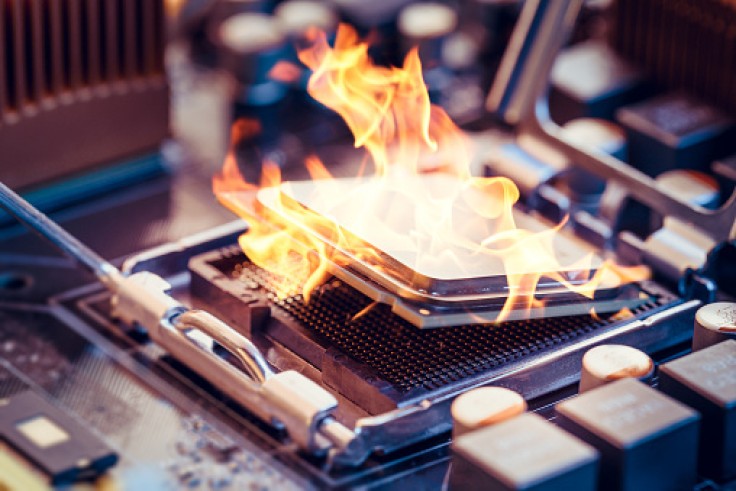There are times when you can tell that your PC is overheating because of the suddenly poor performance, or by simply putting your hand near its fans. This can be risky as it will damage your components over time. Here's what could be causing it and how to fix the issue.

1. Accumulating Dust
Like most things, your PC needs proper maintenance as well. This problem is easy to spot since you'll see the accumulation of dust on your fans and other components. To reduce heating, clean out the dust using compressed air or an appropriate blower. If you're afraid of damaging your PC, you can always have it professionally cleaned.
2. Inefficient Fans
Your cooling system is just as important as the other components in your PC, which is why you need to invest in that aspect as well. If your PC is doing intensive work, then it should also have the proper number of fans to cool and disperse heat. With that said, it's sometimes not the number of fans that's the problem, but the quality of the fans that you have installed.
3. Components Don't Match the Task
The reason why some component models are more expensive than others is because they offer better performance. For those who put a lot of stress on their PC, having a powerful CPU and GPU can go a long way.
If you push your components beyond their limits, then it will overwhelm your cooling system. The same goes for your RAM. With a low GB RAM, your computer will be forced to use the CPU more than it should. You should either upgrade your parts or reduce the workload.
4. Lacking Proper Ventilation
Purchasing a quality PC tower is on par with investing in a good cooling system. There's only so much fans can do if your PC case does not do well with ventilation. Some cases are designed poorly and have fewer vents. If you do intensive work, your PC case should be more open for better airflow.
5. Insufficient Application of Thermal Paste
If you built your own PC, then you also applied the thermal paste that goes between your processor and CPU cooler. The amount you have to apply should not be too much or too little as it will affect the heat transfer. If this is the problem, then you can remove the CPU cooler, clean the old paste off with a little rubbing alcohol, and reapply.
6. External Factors
It's not always the PC that's the problem but the place in which it is located. You have to make sure that your PC is positioned in a place that's not too closed for sufficient airflow. If you have air conditioning, place your PC where it can be hit with cool air.
However, you should avoid placing it near or directly in front of a window. The natural elements can contribute to damaging your PC such as rain or dust brought by wind. Opening a window helps as long as your PC is at a safe distance, about two to three meters away.
Related : Proper Way to Deep Clean Your PC Tower









